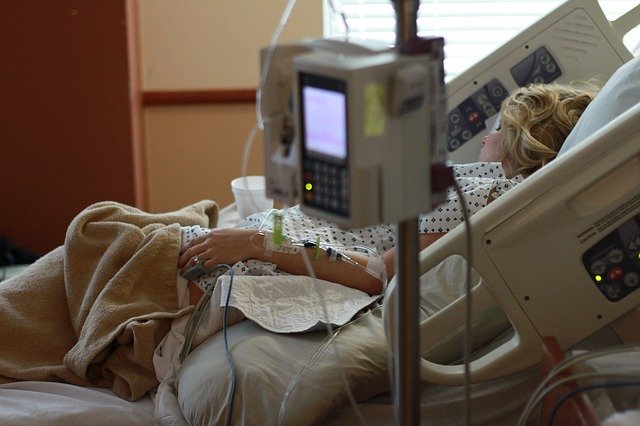The outbreak of coronavirus named COVID-19 has disrupted the global economy in the blink of an eye. Many studies say COVID-19 is a supply as well as a demand shock. Both aspects have affected international trade in goods and services. COVID-19, as a supply shock, has led to fall in the exports, and mostly in the nations that are most severely hit. On the other hand, as a demand shock, the pandemic has led to fall in the imports, mostly in the trade partners of the nations that are most severely hit.
Statistics reveal, by early March 2020, the COVID-19 epidemic was very much centered in China, with over 90% of the reported cases located there. The human toll is already dramatic, with disruption to business and personal routines via pandemic-induced quarantine, mobility limitations, and work closures – first in China, and then spreading worldwide. Gradually, surpassing China, other countries like USA, Spain and Italy (in order) topped the list of nations with maximum number of reported COVID-19 cases (at the time of writing this article), as per Worldometer data.
The evolution of the disease and its economic impact is highly uncertain, thus making the formulation of an appropriate macroeconomic policy difficult for the policymakers but the crisis has undoubtedly raised a big question mark on the state of health services across the world. Cites Rajkamal Rao in Business Line on Campus (BLoC), even some of the richest countries in the world never bothered to look at their stock for critical infrastructure, such as gloves, masks, Personal Protection Equipment and ventilators, to be ready to fight such a global pandemic. In concern of the ongoing outbreak, WHO's R&D blueprint talks about two goals. Firstly, to accelerate innovative research to minimize the spread of the epidemic and facilitate care for the affected population. Secondly, to support research priorities that contribute to global research platforms in hopes of tackling the upcoming unforeseen epidemic from the response of current epidemic outbreak.
To achieve this, channels for information sharing among countries have been strengthened by WHO. This may help in passing the formula of some drugs or transmission of technical know-how or getting an idea of dealing with the circumstances in a better way. Apart from this, import and export of pharmaceutical products have shot up. For instance, an anti- malarial drug, hydroxychloroquine, produced in India, has been exported to nearly 97 countries during the pandemic, the health ministry said. Also, lakhs of PPE kits and diagnostic kits have been imported by India from China, the world's largest supplier of medical products including diagnostics and drugs, reports Business Insider and HT. Considering the rising COVID positive cases, India had to go for global hunt to source essential medical supplies including from the US, the UK, France, Japan, South Korea, among others, reported Live Mint and HT. Such ample imports are the result of India's weak R&D infrastructure (because of abysmally low public expenditure on health, that is, less than 2% of our GDP in 2019, reports Indian Express).
The fragile R&D infrastructure has also been one of the primary causes of delay in the vaccine-preparation. Less government support to the research field, non-availability of advanced medical equipment, high population-doctors ratio, long pending medical vacancies and brain drain are some of the top-listed reasons for our health sector to be on the back foot. An example of the burden on the doctors available in the public health system is that the Indian government (NITI AAYOG) has to urge for the willing participation of the fit doctors (be it a retired government or an Armed Forces Medical Services or public sector undertaking or a private doctor) to combat the novel coronavirus crisis.
In view of the above, it's time we focused on the demands of our scientists for the funds and resources. It's time we made our health infrastructure so powerful that the rest of the world looks up to us. Amidst all this, not just India, the entire world is struggling hard and is desperately waiting for the development of vaccination for novel coronavirus. The contagion has ignited the need of more intense research in the health sector which, till date, has faced the dearth of funds and much-needed other resources not just in the poorest countries but also in the wealthiest ones. Only then will we be able to let pass the upcoming dark clouds.
COVID-19: Lifting the Lid off the Indian Research and development in Health Sector
Ankita Gupta, Delhi
2020-05-12 16:17:21

Credit: pixabay.com